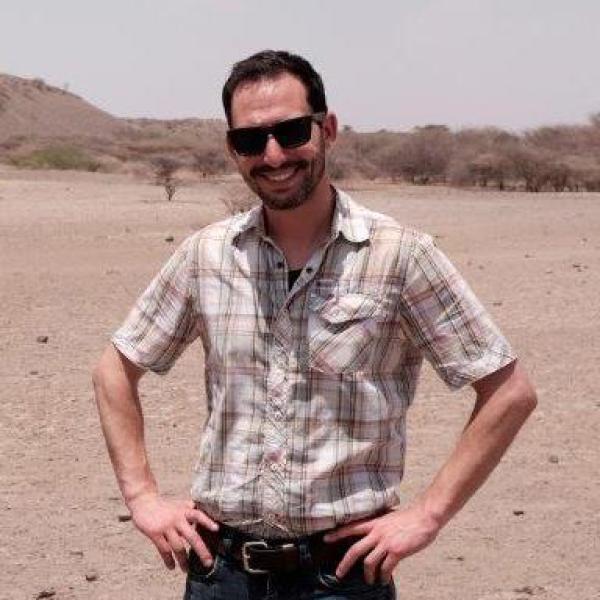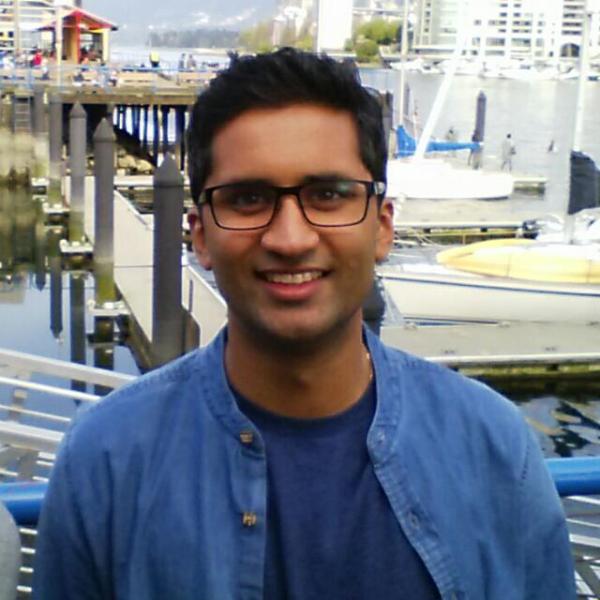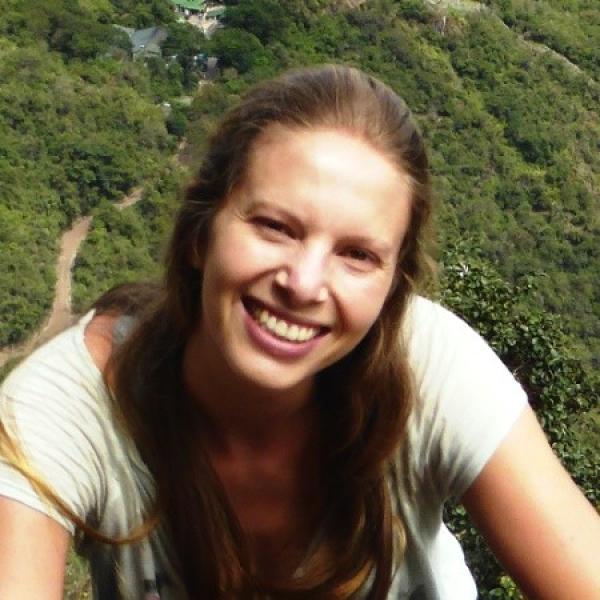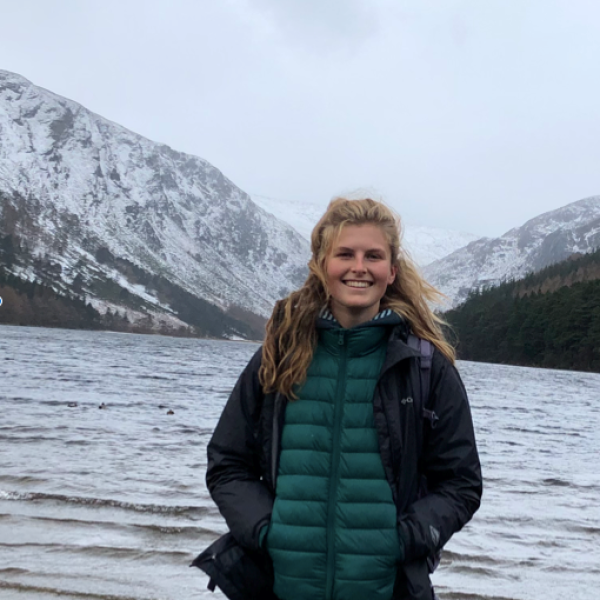Sustainable WASH Systems (SWS) Learning Partnership
Summary
Sustainable services remain a daunting challenge in the water, sanitation, and hygiene (WASH) sector. Traditionally, national and local governments, WASH service providers, and development partners have focused on the construction of WASH facilities and the expansion of service coverage. Less emphasis has been placed on sustaining and maintaining existing WASH services. As a result, failure rates of water supply and sanitation systems continue to be high.
Universal access cannot be achieved without addressing the sustainability of WASH services. This requires taking a comprehensive, long-term view of service delivery and changing local systems. While the sector recognizes this shift in programming is necessary, there has been limited exploration of what approaches work, what benefit they bring to sustainability, and how they can be applied effectively.
The Sustainable WASH Systems (SWS) Learning Partnership (FY17-FY21) tested new ideas, approaches, and tools to overcome barriers for improving WASH service sustainability. The partnership:
Influenced USAID to apply evidence on how systems approaches can help improve the sustainability of future USAID WASH programs
Catalyzed national and international uptake of successful systems change approaches
Two highlighted research programs
Two types of systems approaches that the Global Projects and Organizations group was involved in were the Collective Action Approaches Resarch Program and the Maintenance Approaches Research Program.
Learning and findings from SWS will provide evidence on best practices for achieving sustained services, which will be shared with, and up-taken by local stakeholders, USAID, the donor community, and the broader sector. The project closed in September 2021, and findings are linked below.
Funding
- United States Agency for International Development (USAID) (AID-OAA-A-16-00075)
Project
Please see the USAID Global Waters page for additional information and current findings.
Publications
- Pugel, K.; Javernick-Will, A.; Peabody, S.; Nyaga, C.; Mussa, M.; Mekonta, L.; Dimtse, D.; Watsisi, M.; Buhungiro, E.; Mulatu, T.; Annis, J.; Jordan, E.; Sandifer, E.; Linden, K. Pathways for Collaboratively Strengthening Water and Sanitation Systems. Science of The Total Environment2021, 802, 149854. https://doi.org/10.1016/j.scitotenv.2021.149854.
- Pugel, K., Javernick-Will, A., Koschmann, M., Peaabody, S., and Linden, K. (2020). “Adapting Collaborative Approaches for Service Provision to Low-Income Countries: Expert Panel Results”. Sustainability. 12(7), 2612; 10.3390/su12072612.
- Valcourt, N., Walters, J., Javernick-Will, A., and K. Linden (2020). “Assessing the efficacy of a group model building workshop in an applied setting through purposive text analysis”. System Dynamics Review. 26(2). 10.1002/sdr.1657.
- Valcourt, N., Walters, J., Javernick-Will, A., Linden, K., and B. Hailegiorgis (2020). “Understanding Rural Water Services as a Complex System: An assessment of key factors as potential leverage points for improved service sustainability.” Sustainability. 12(3). 10.3390/su12031243.
- Valcourt, N., Javernick-Will, A., Walters, J., K. Linden (2020). “Systems Approaches to Water, Sanitation and Hygiene: A Systematic Literature Review”. International Journal of Environmental Research and Public Health. 17(3). 10.3390/ijerph17030702.








